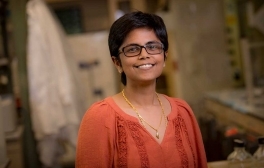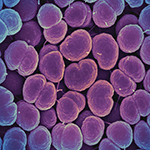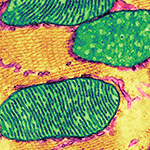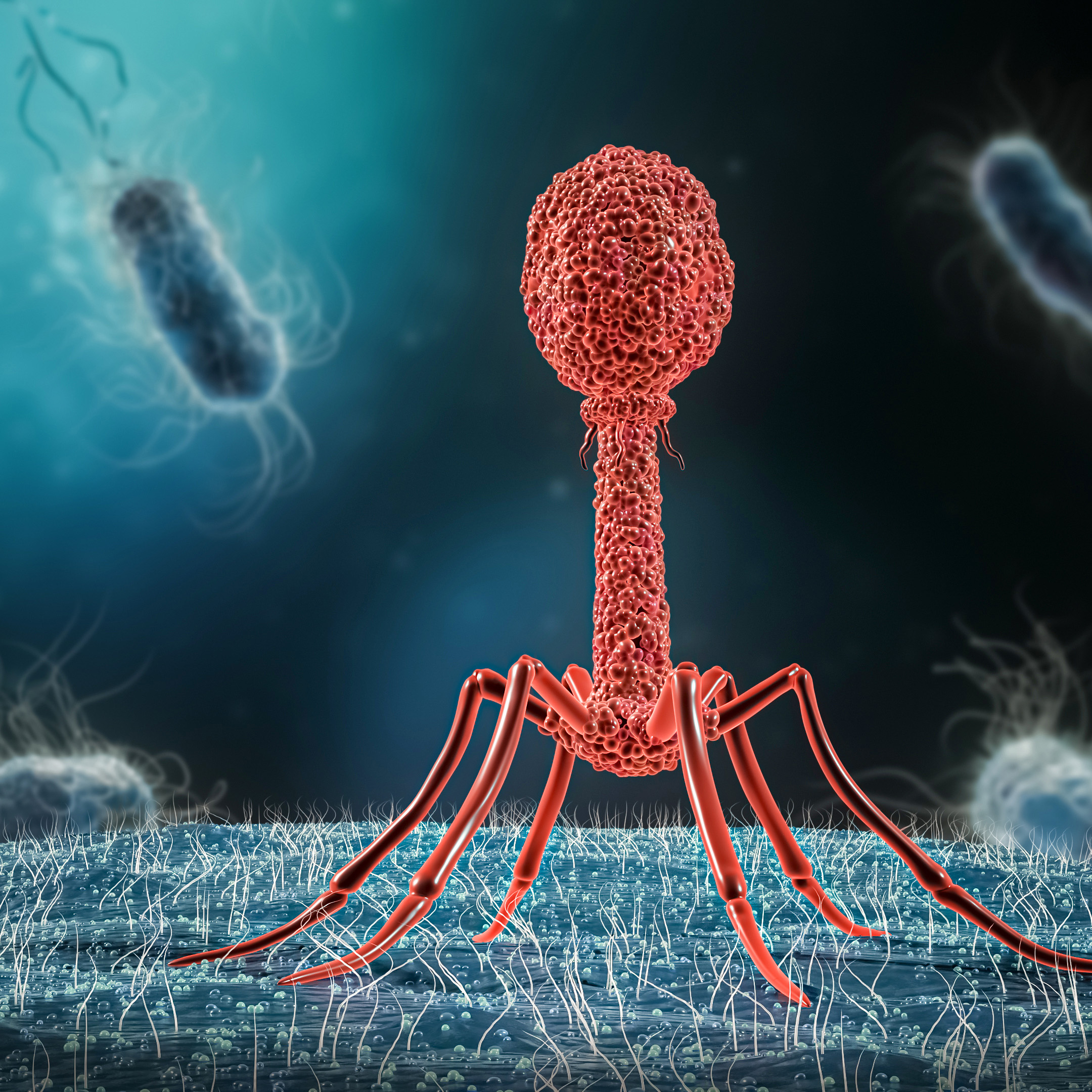Post-COVID Lung Disease Shares Origins with Other Scarring Lung Disorders
UC San Diego researchers provide first insights into the fundamental cellular pathologies that drive interstitial lung disease in patients post-COVID.
UC San Diego researchers provide first insights into the fundamental cellular pathologies that drive interstitial lung disease in patients post-COVID.

With a $45 million grant from the NIH, UC San Diego researchers and collaborators will launch a nationwide clinical trial to further investigate the therapeutic potential of benfotiamine, a synthetic version of thiamine (B1), as a treatment for Alzheimer’s disease.

UC San Diego researchers tracked the evolution of a gene variant that supports cognitive health in older humans, but may have first emerged to protect against bacteria.

Mitochondria are self-contained organelles (they possess their own mini-chromosome and DNA) residing within cells and are charged with the job of generating the chemical energy needed to fuel functions essential to life and well-being.

Scientists have uncovered an intriguing new understanding of how viruses and the hosts they infect evolve new innovations to outcompete each other. Culminating a 10-year research effort, the researchers tracked the way fitness landscapes constantly change in the ongoing struggle for survival.

Mindfulness meditation is effective in reducing pain relief; UC San Diego study reveals the underlying neural circuitry.

Keep up with all the latest from UC San Diego. Subscribe to the newsletter today.
You have been successfully subscribed to the UC San Diego Today Newsletter.